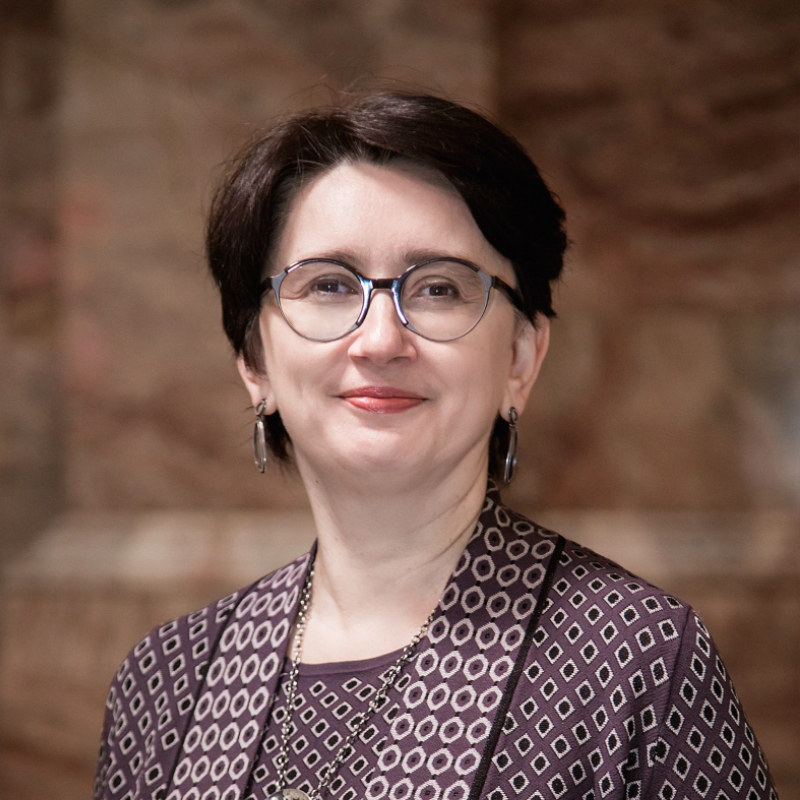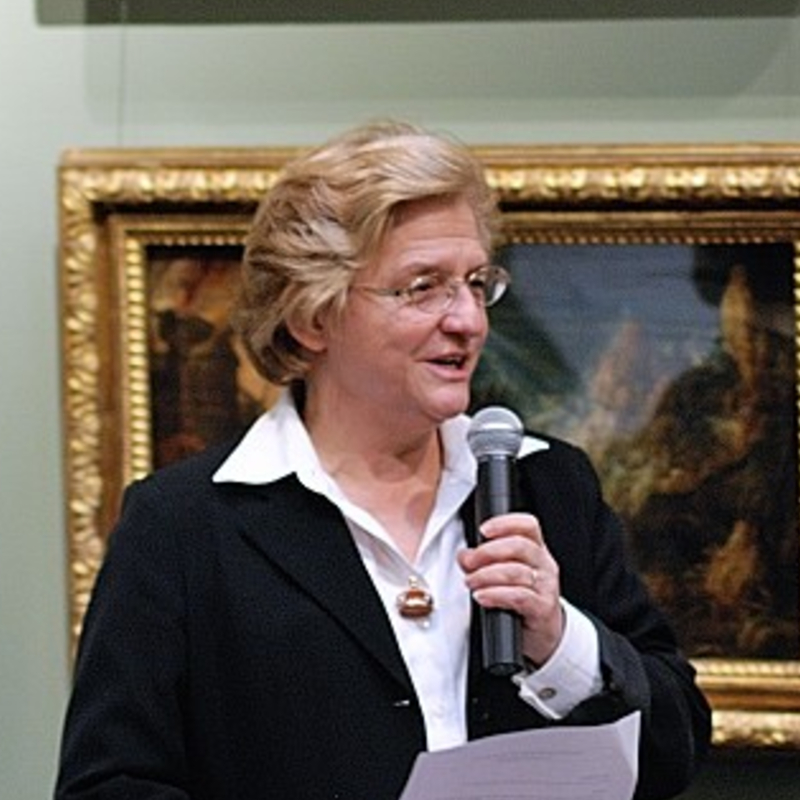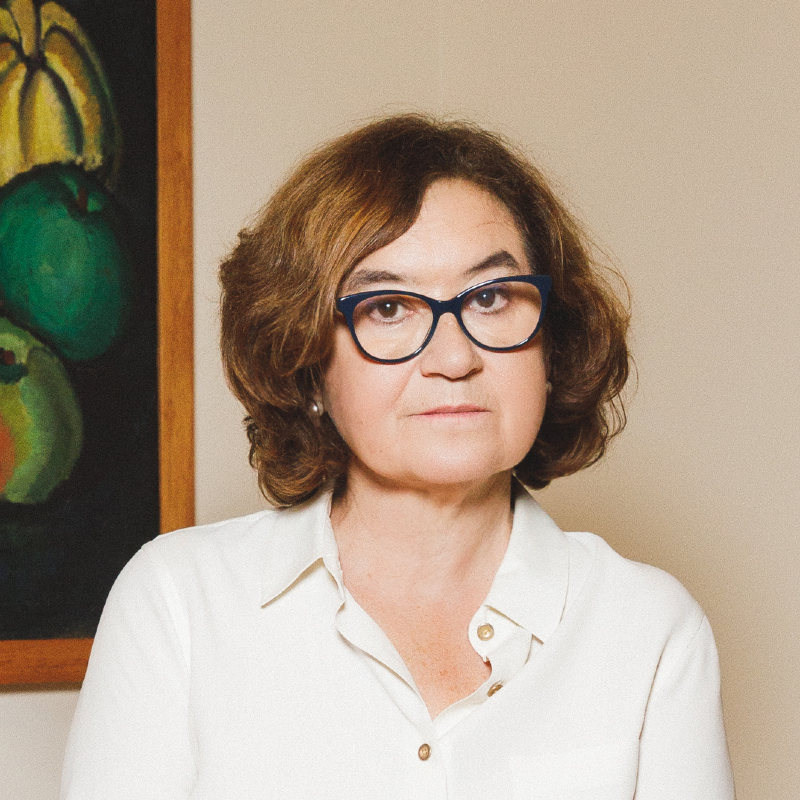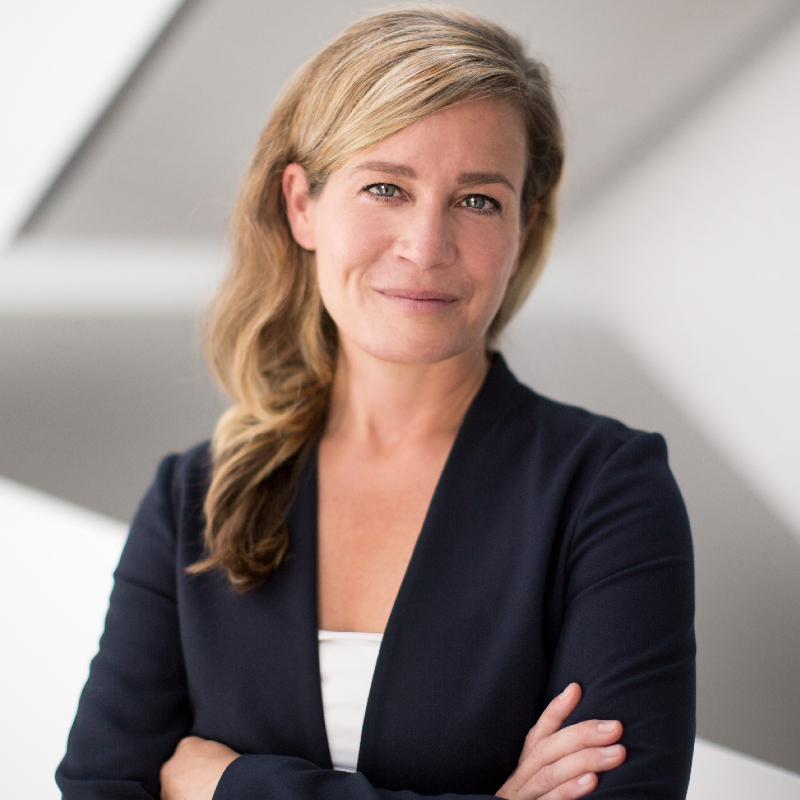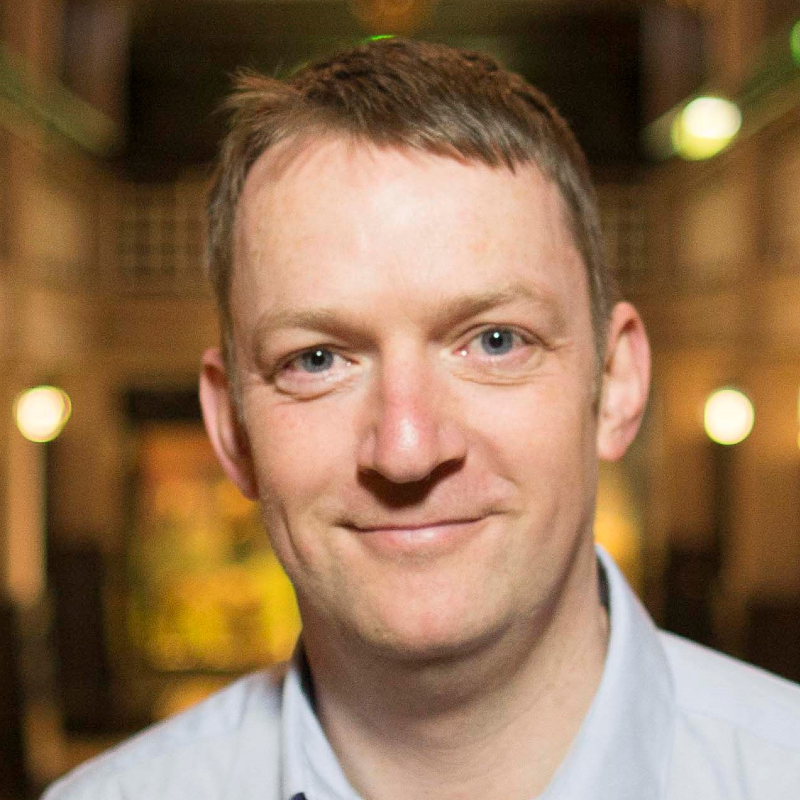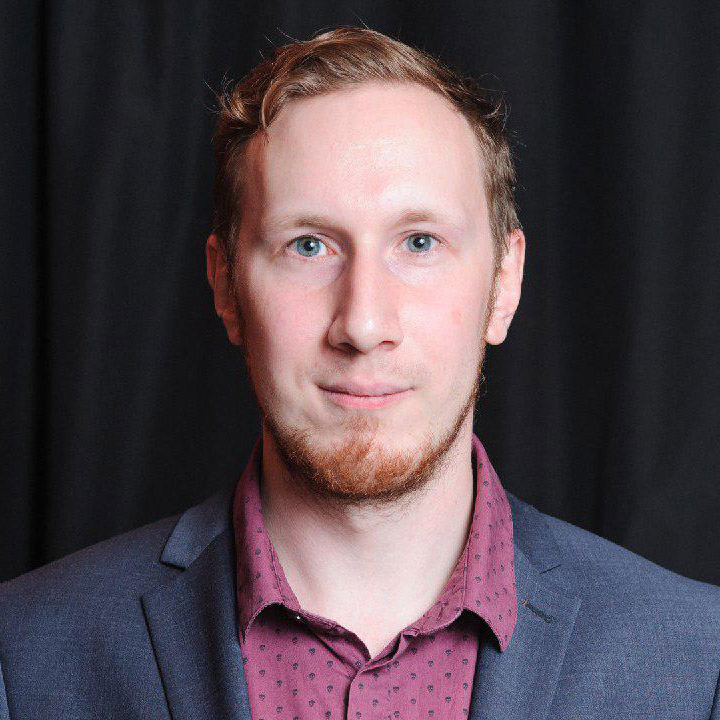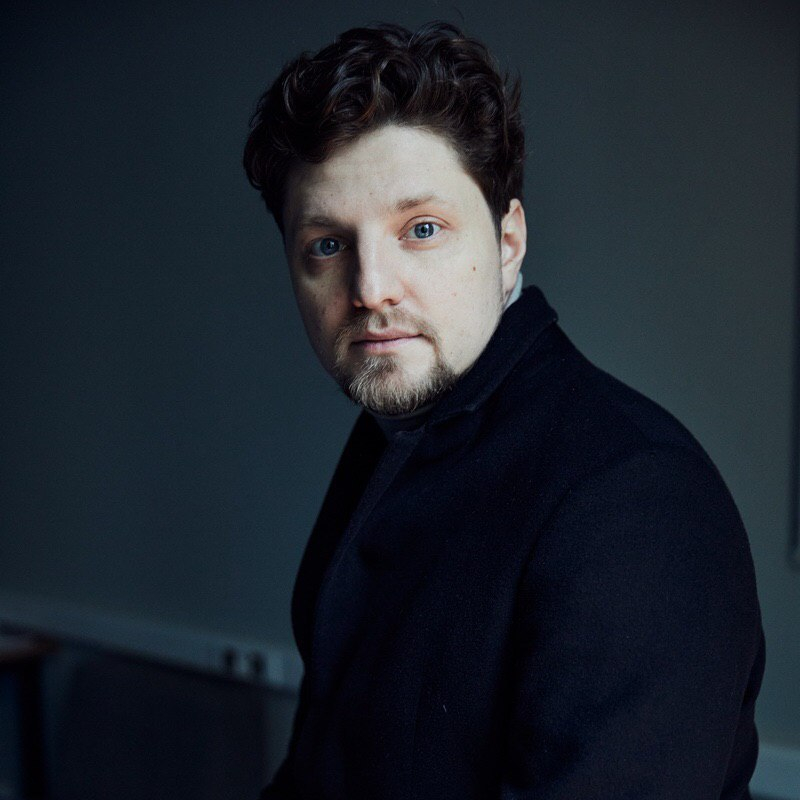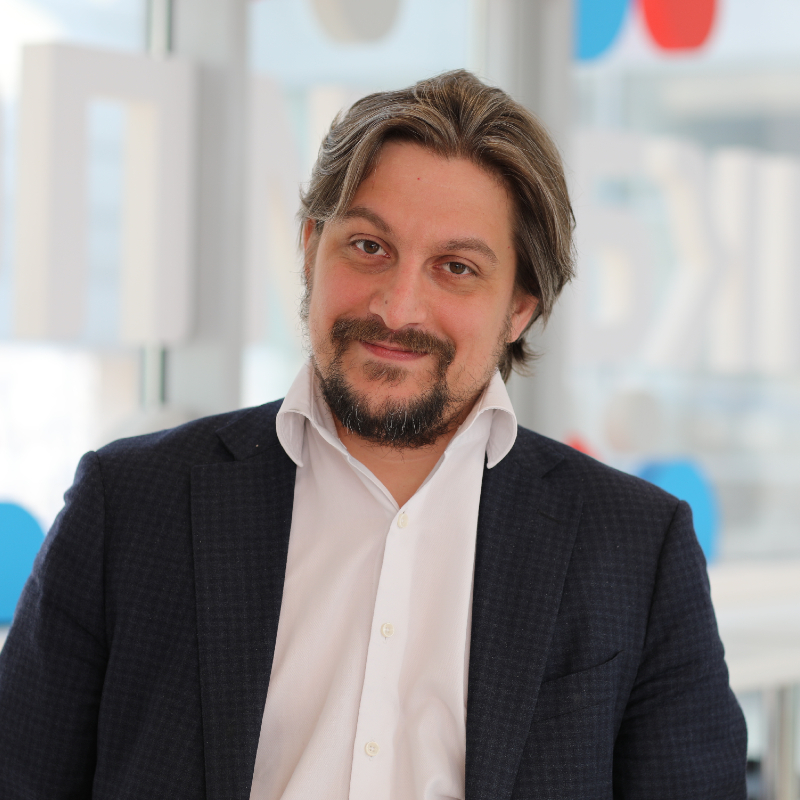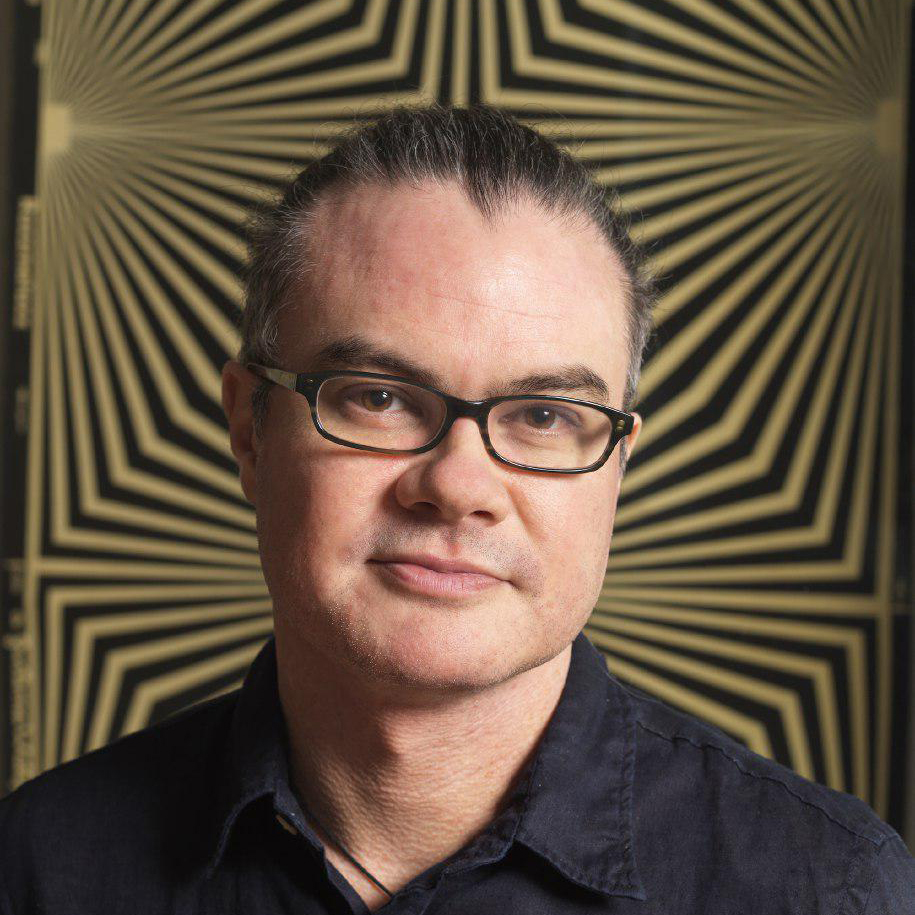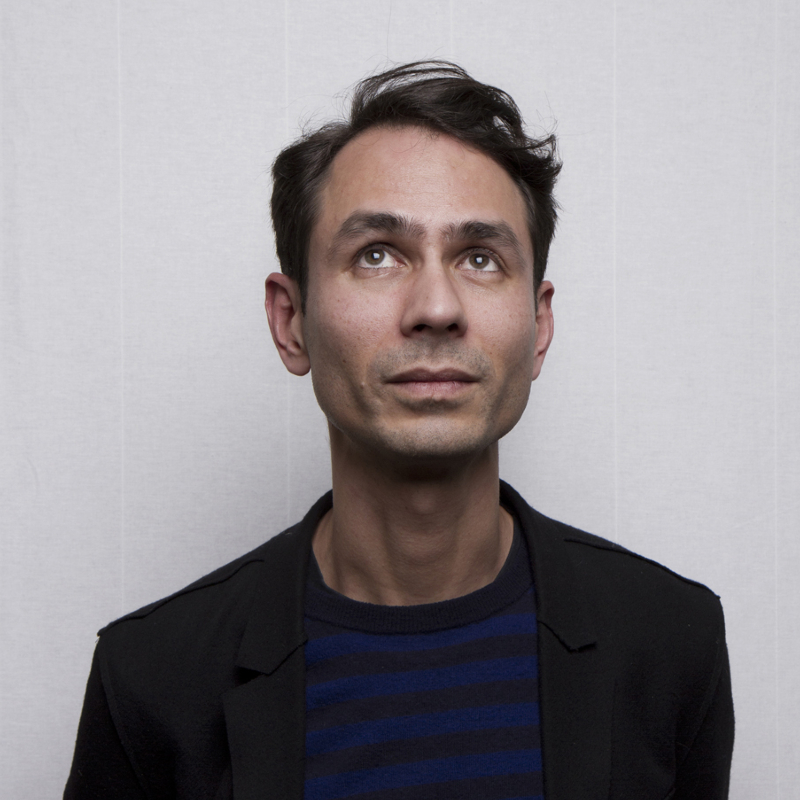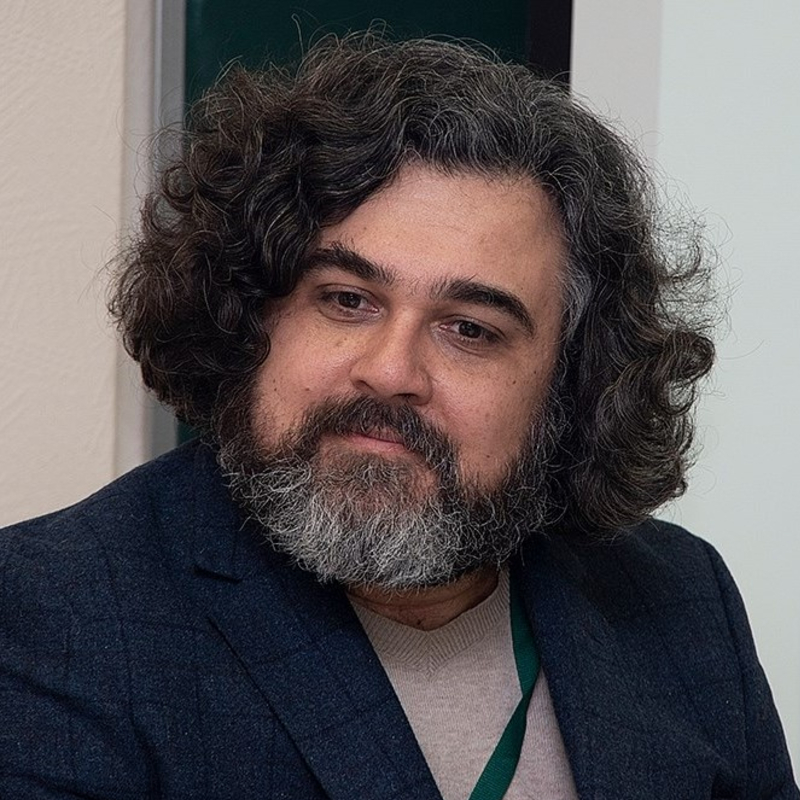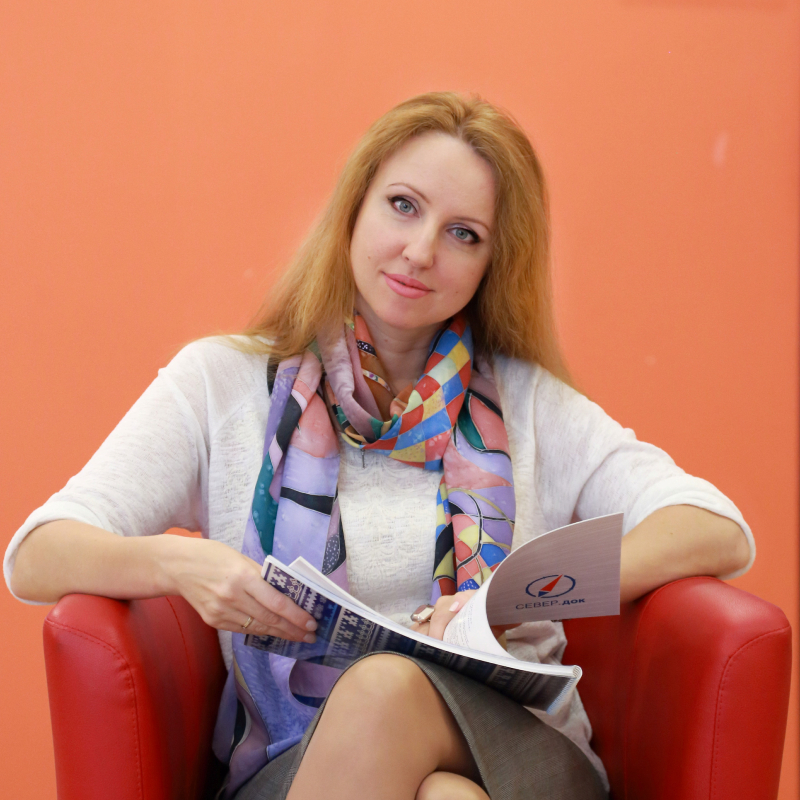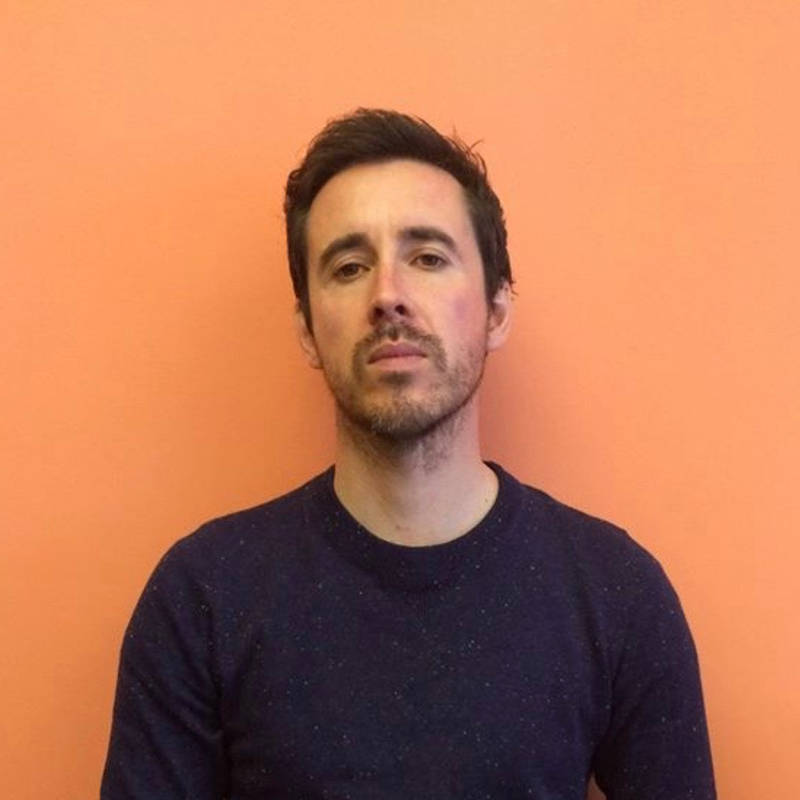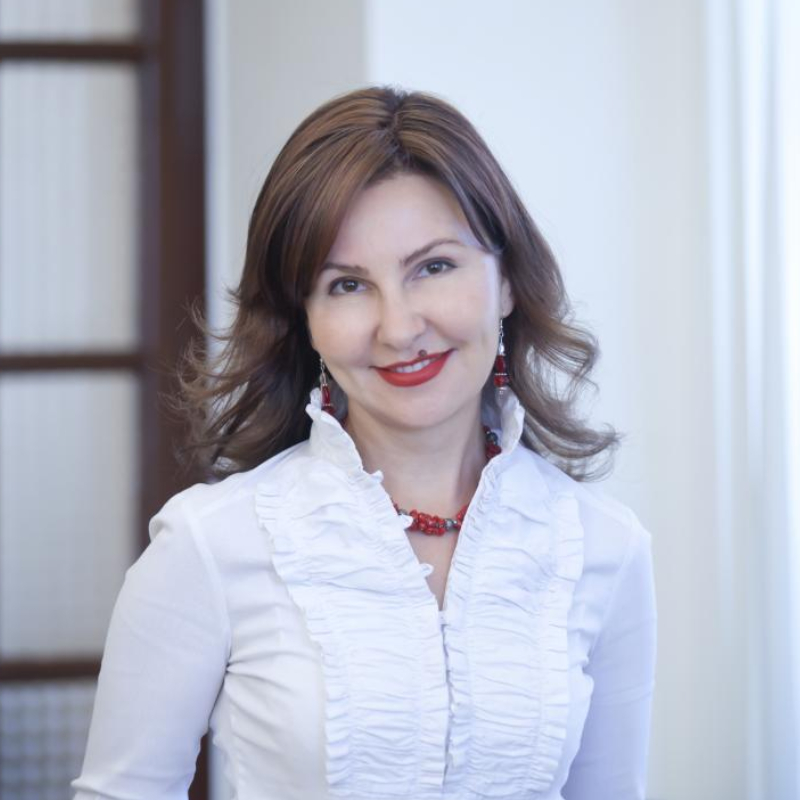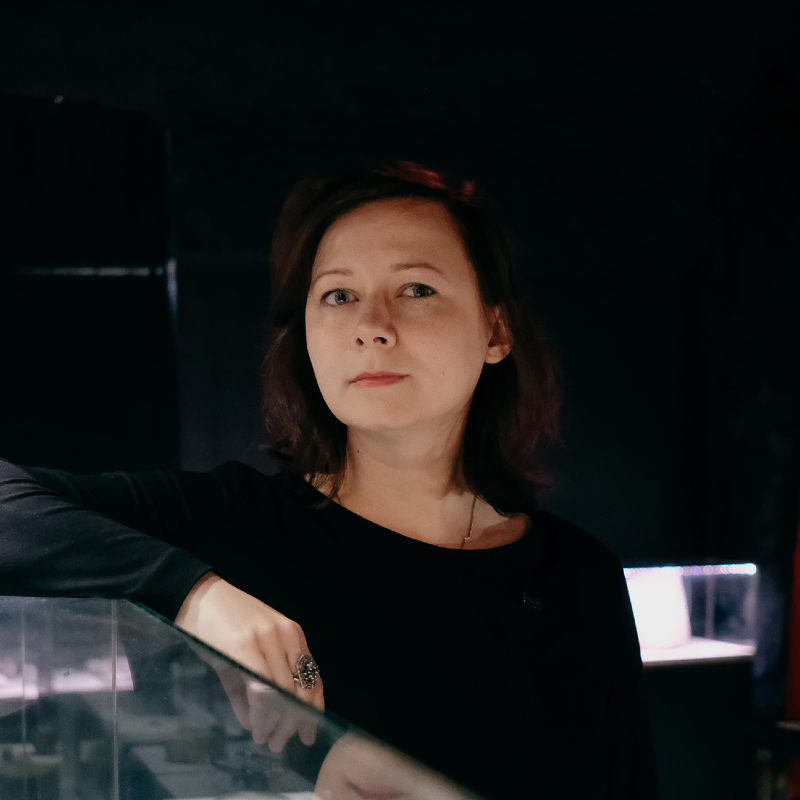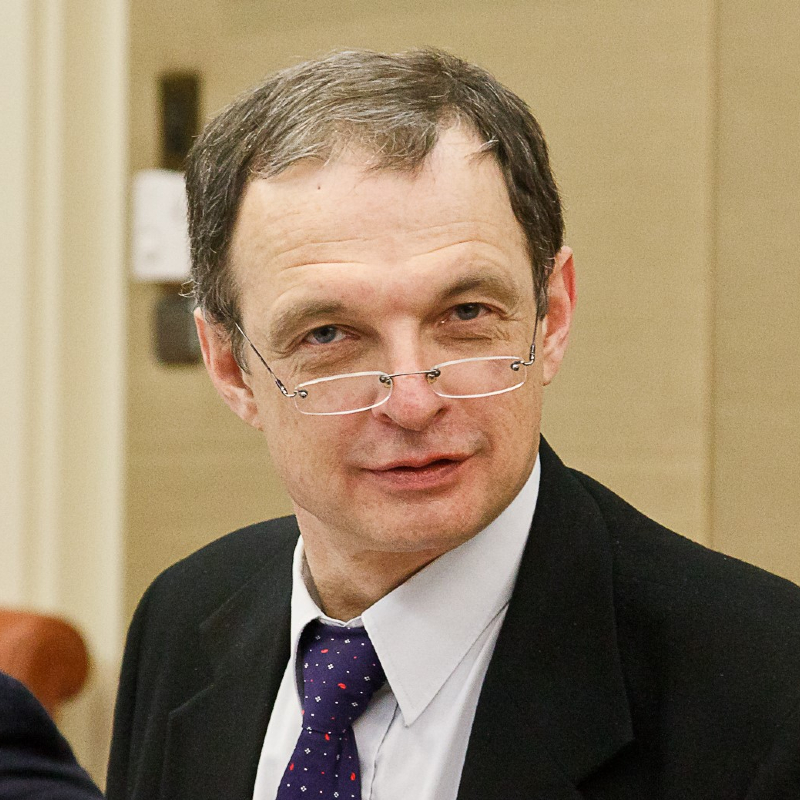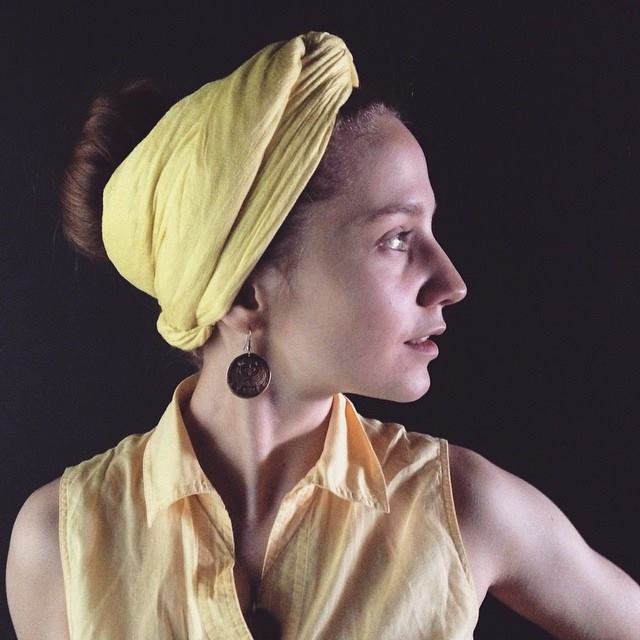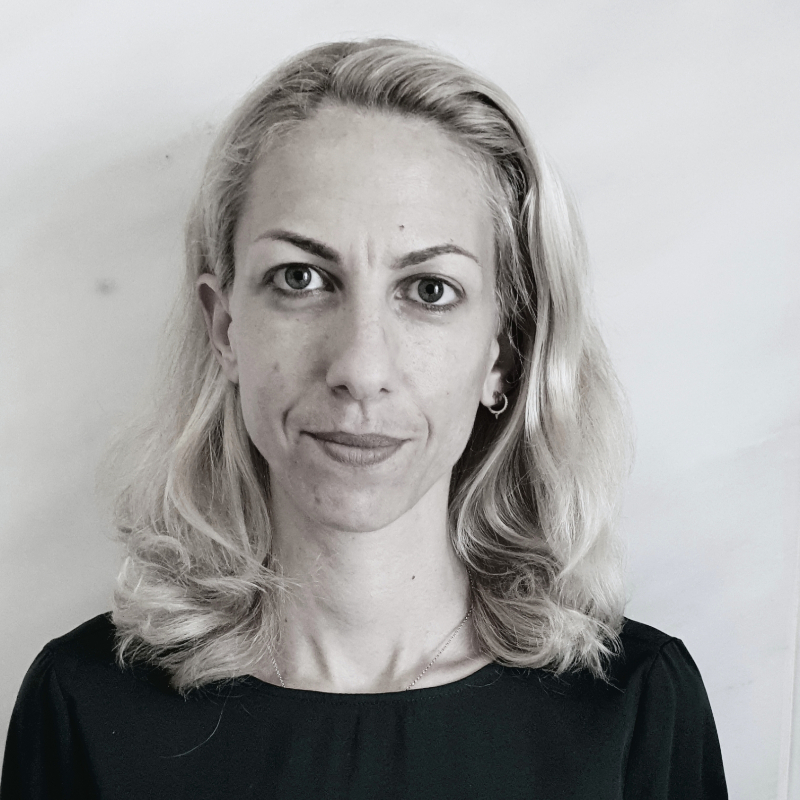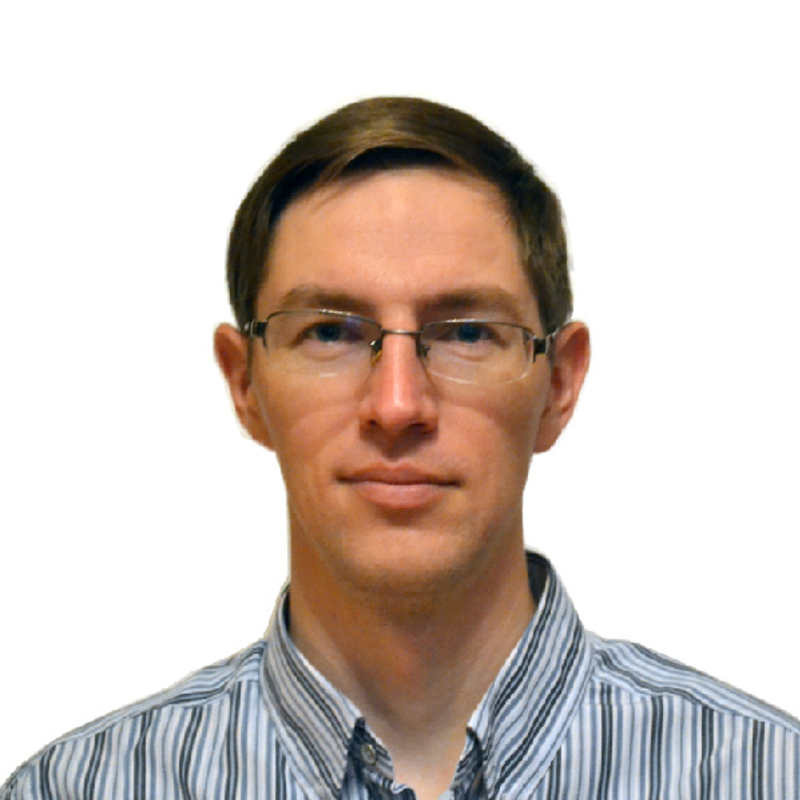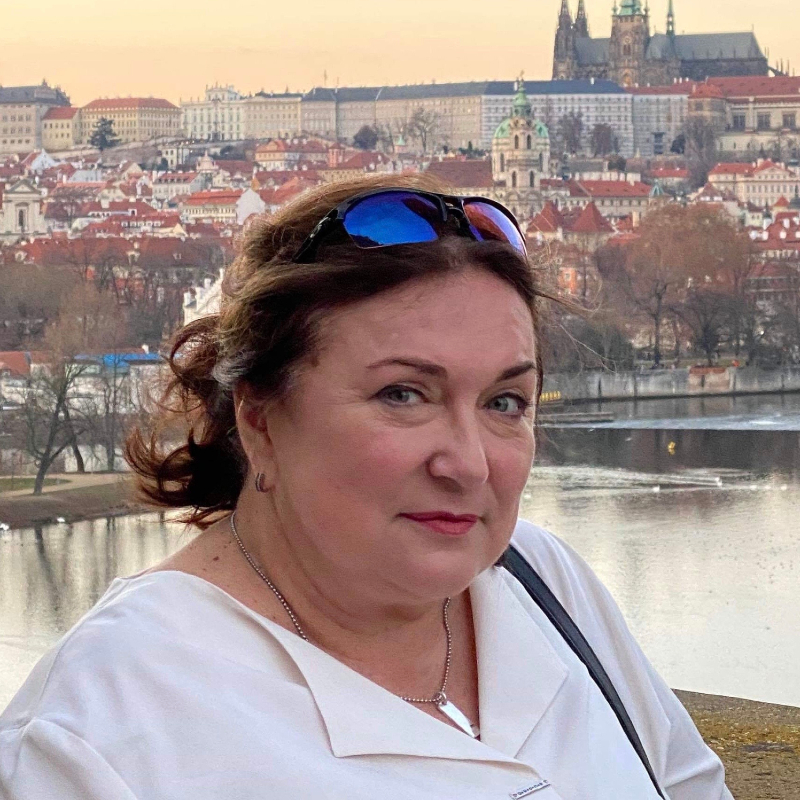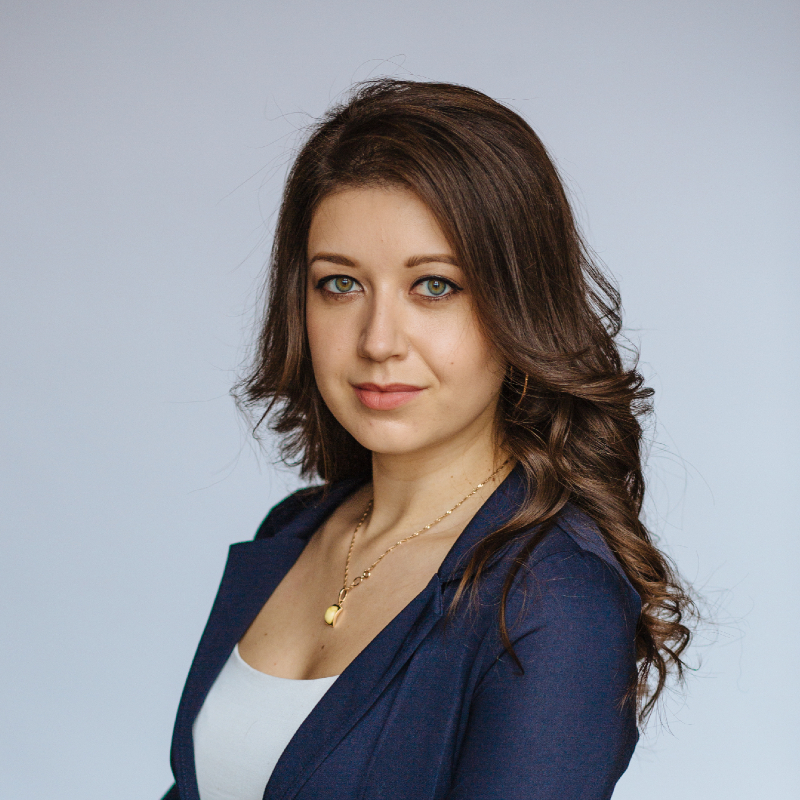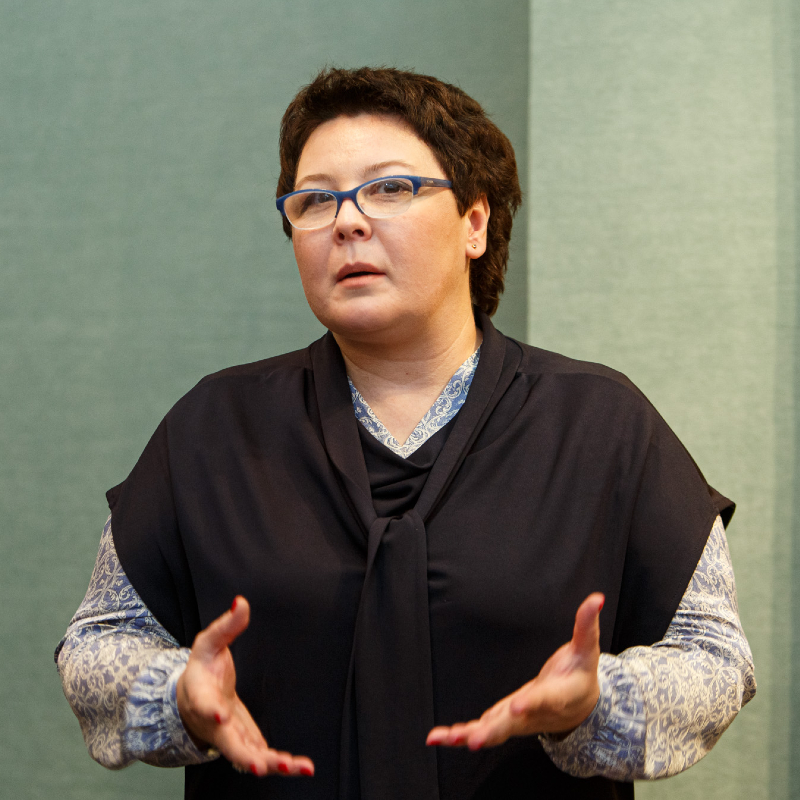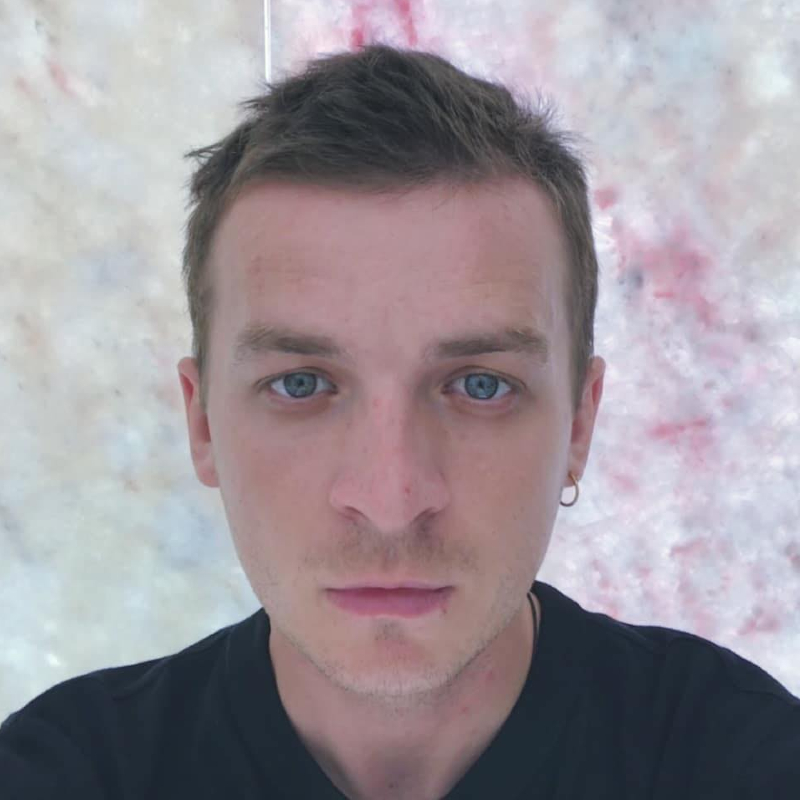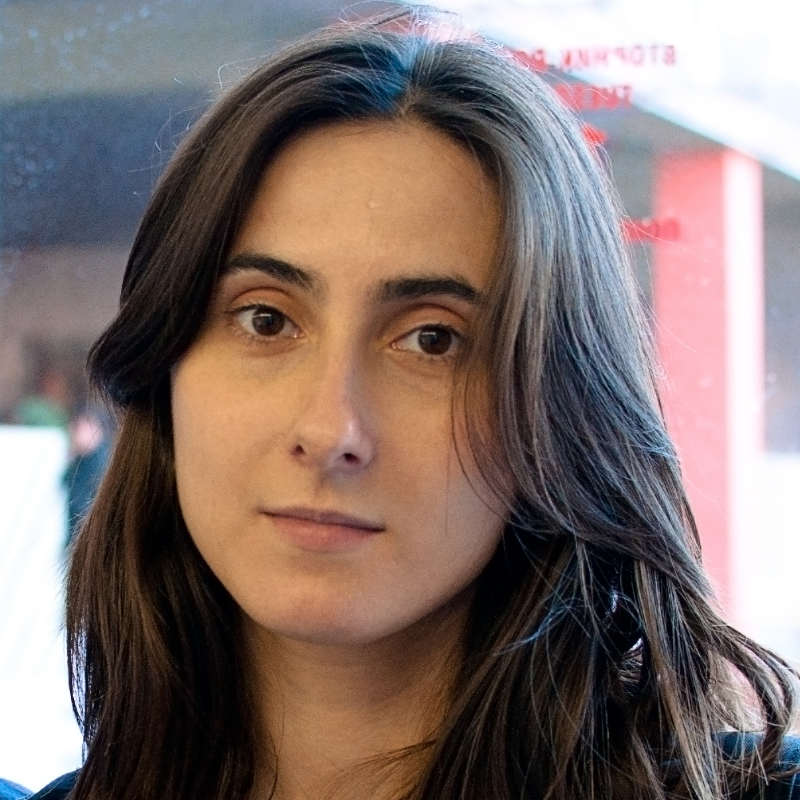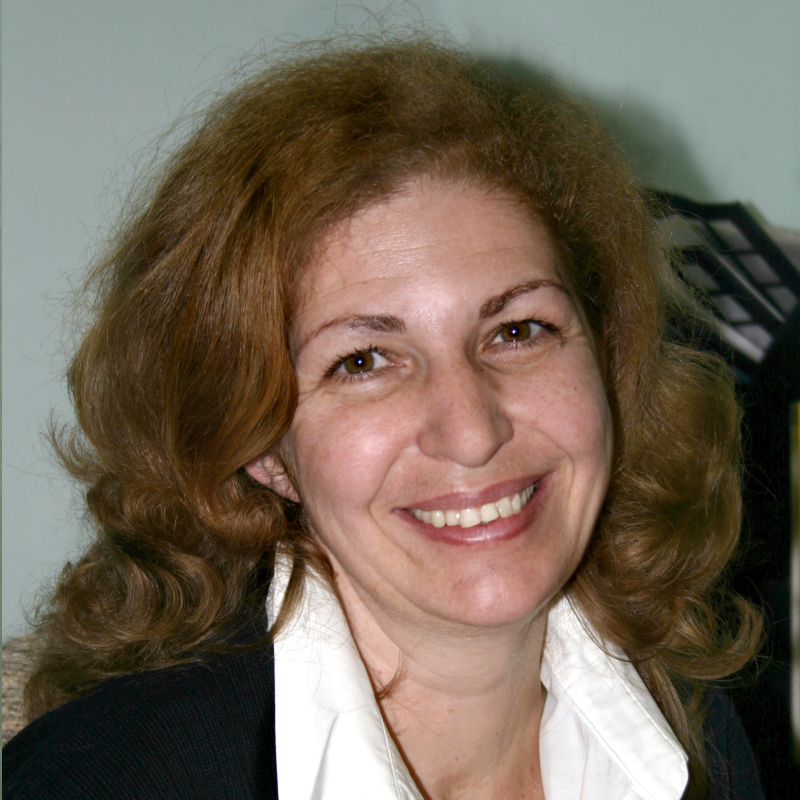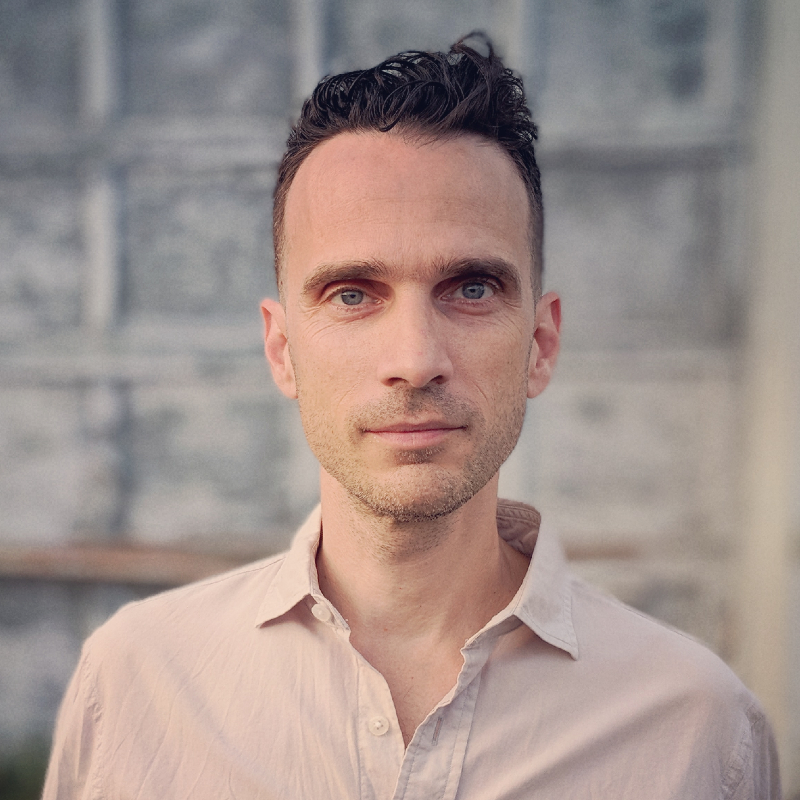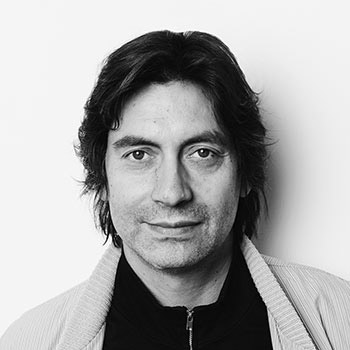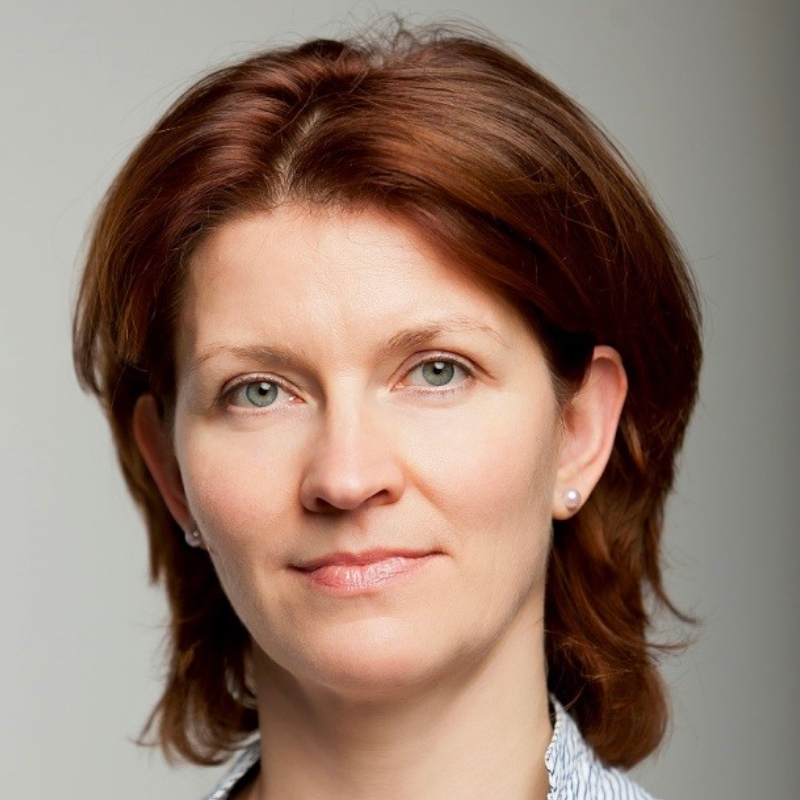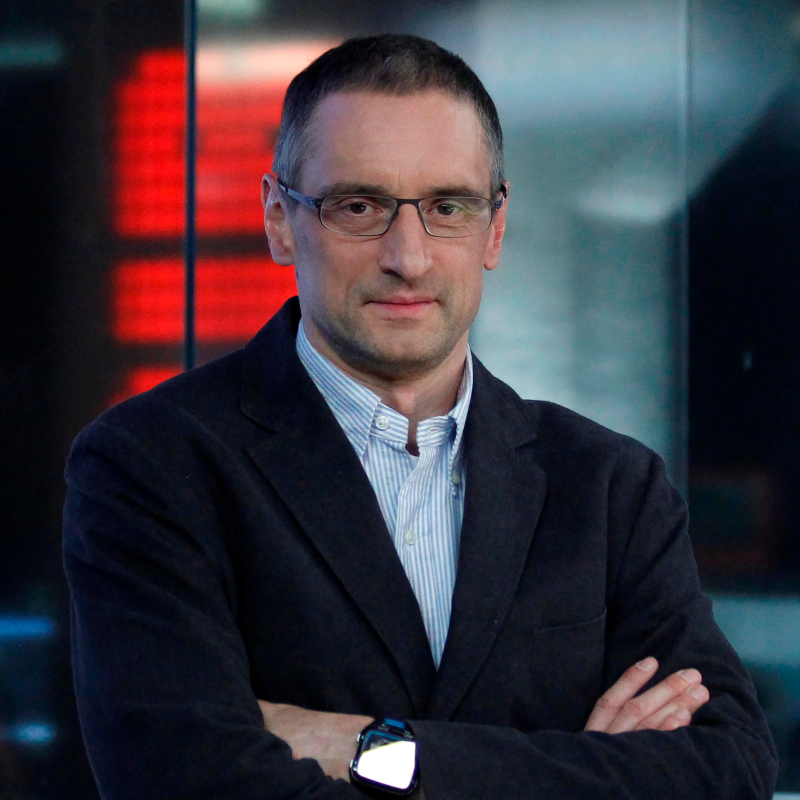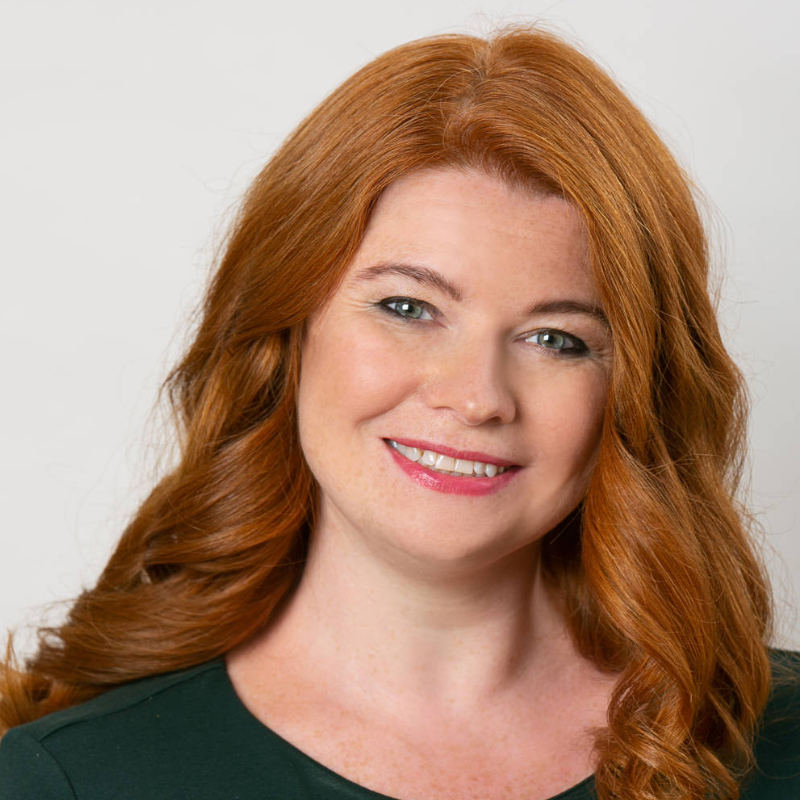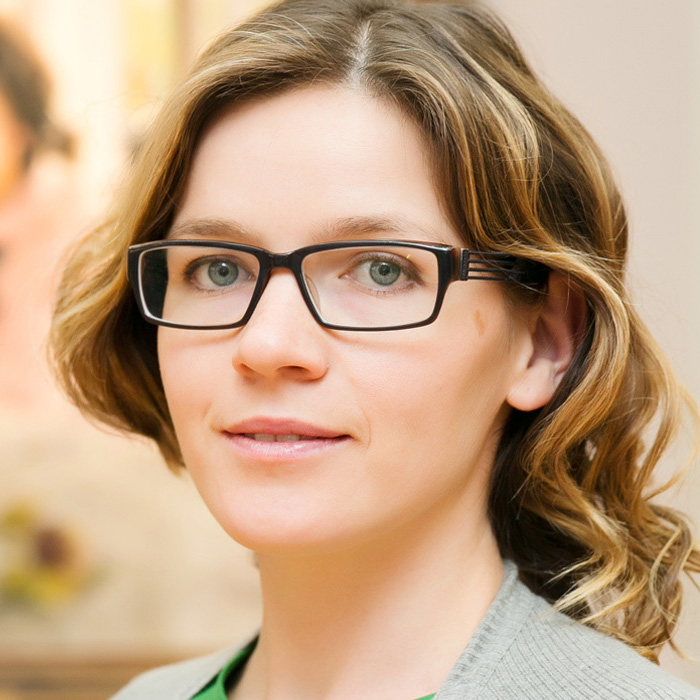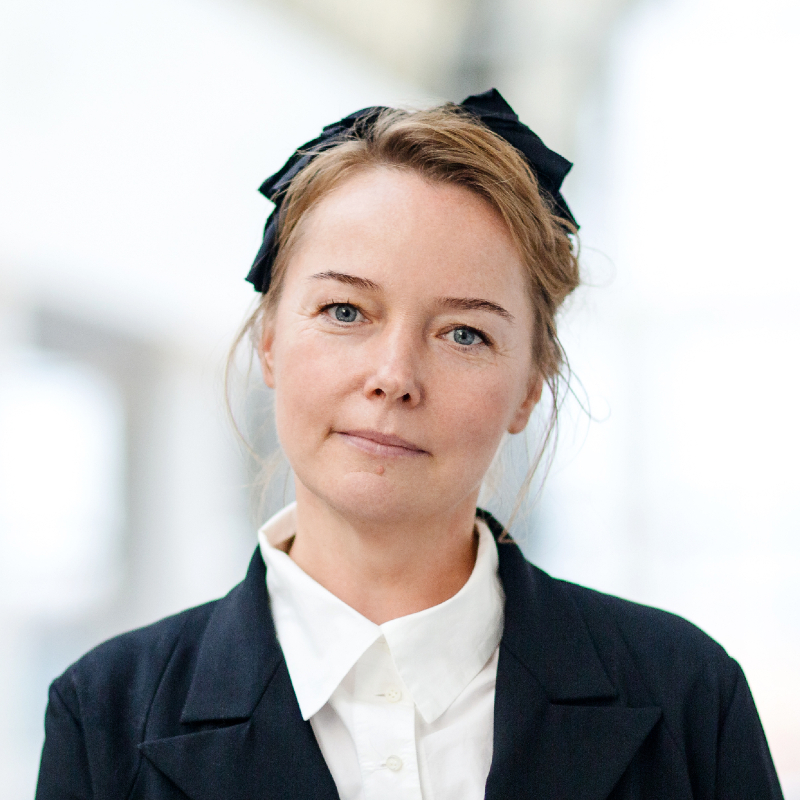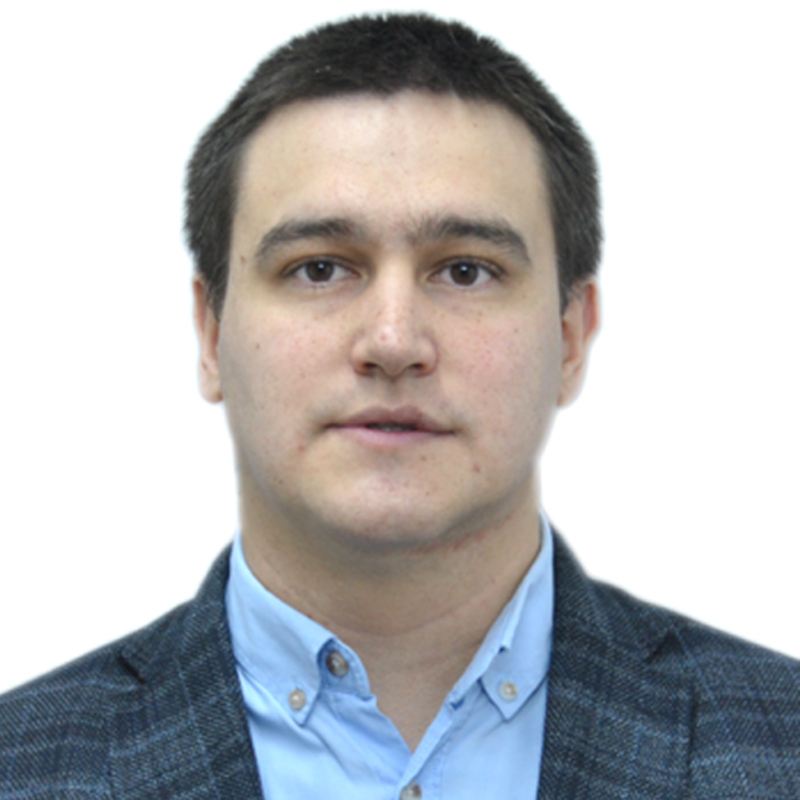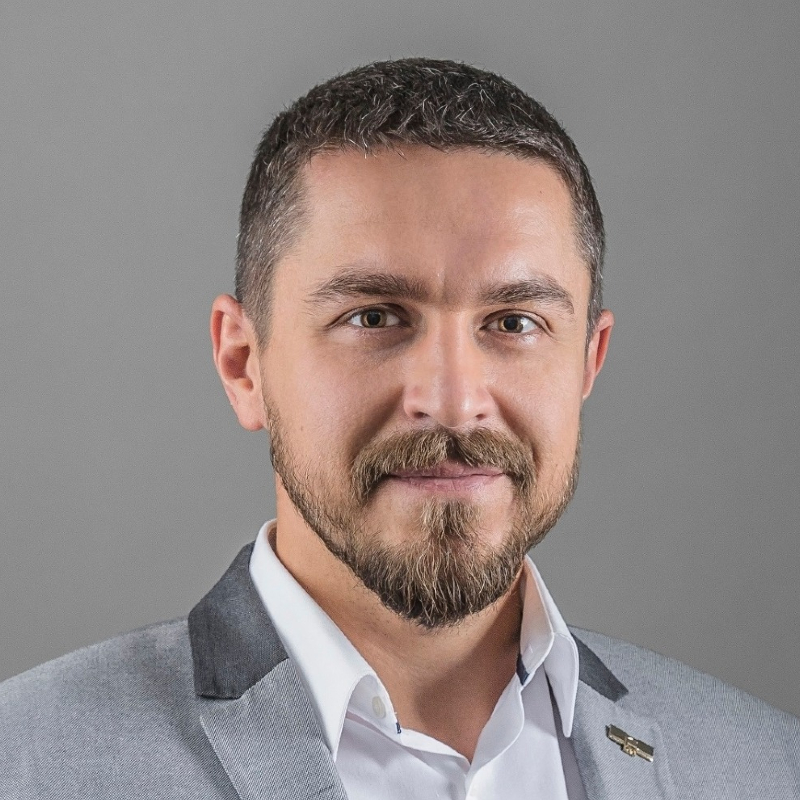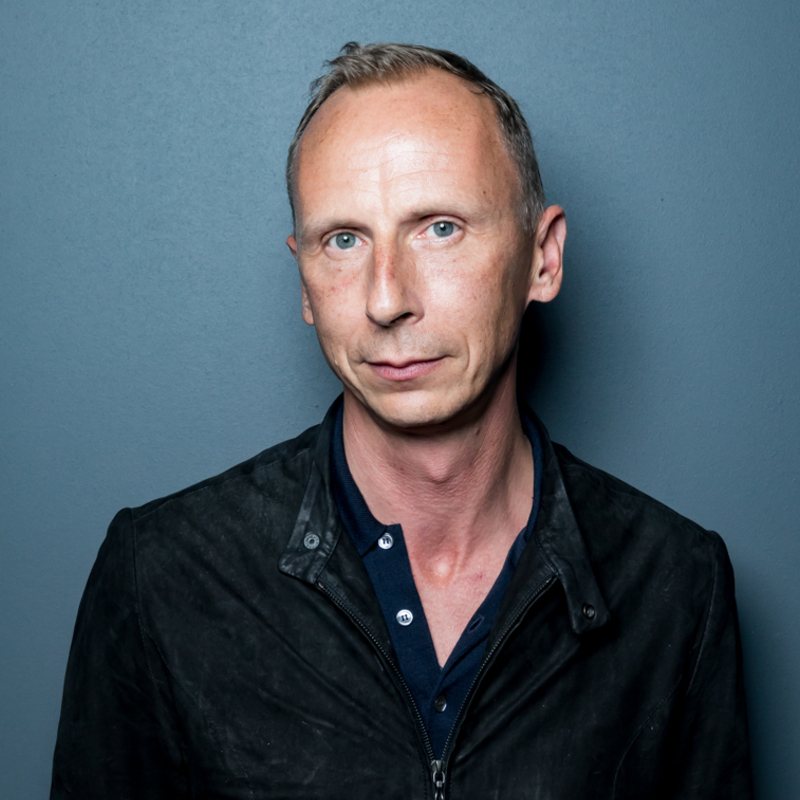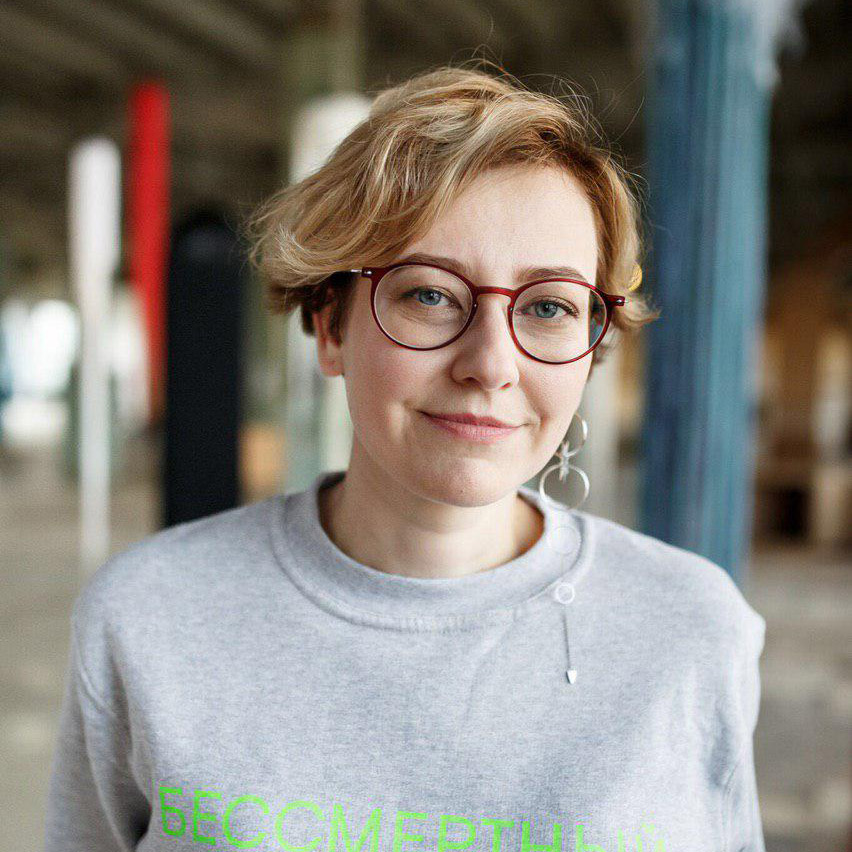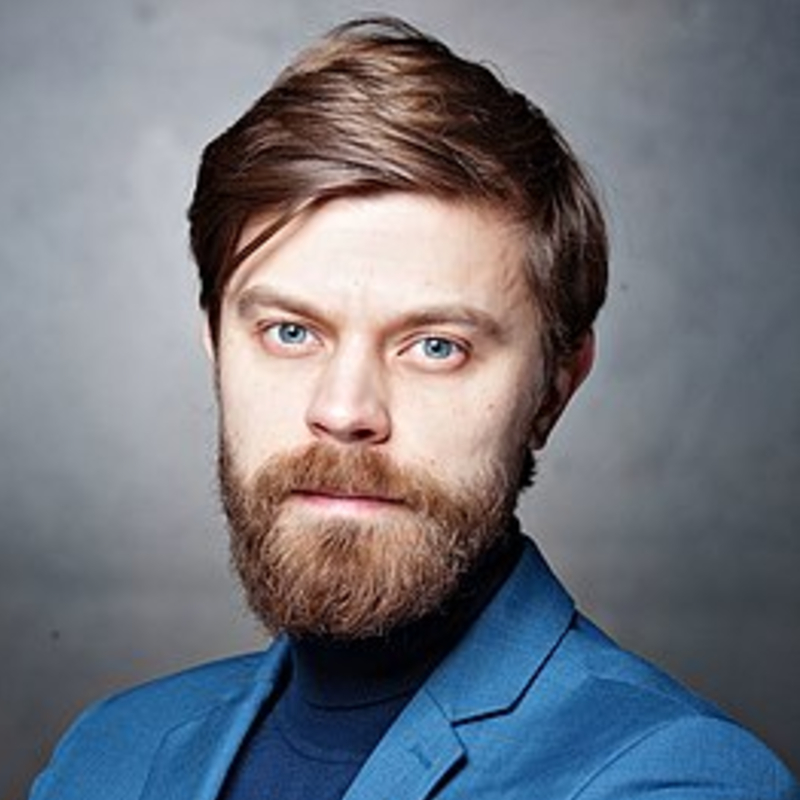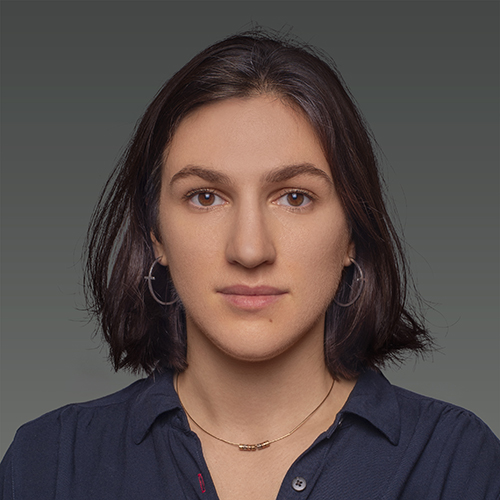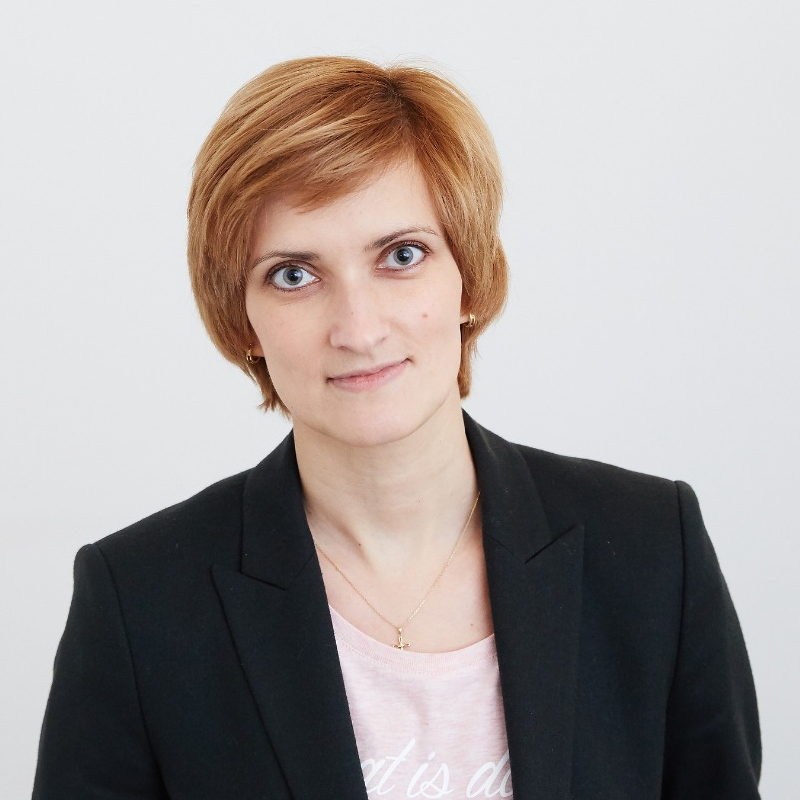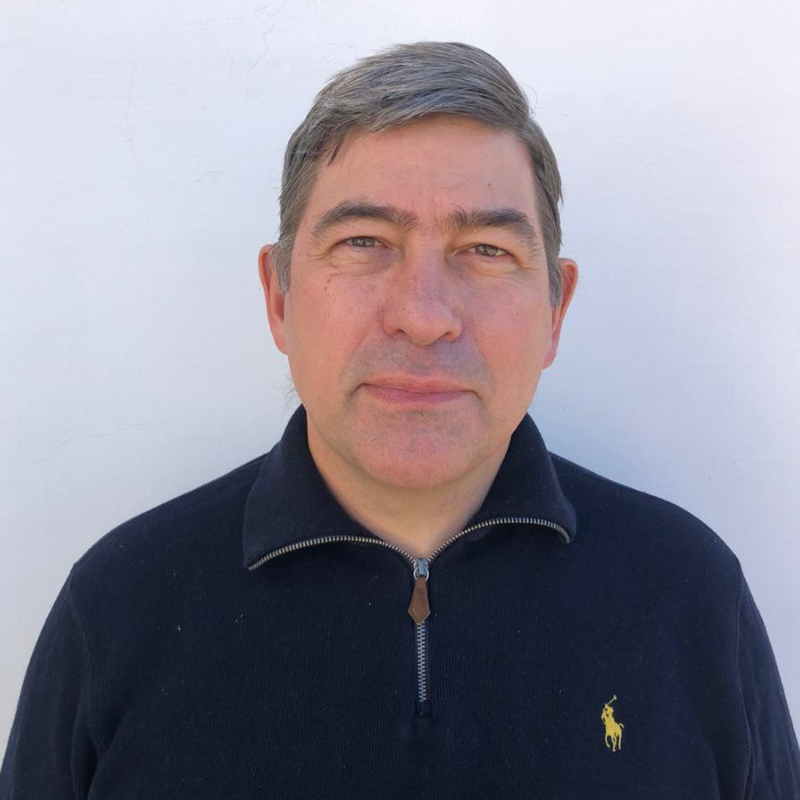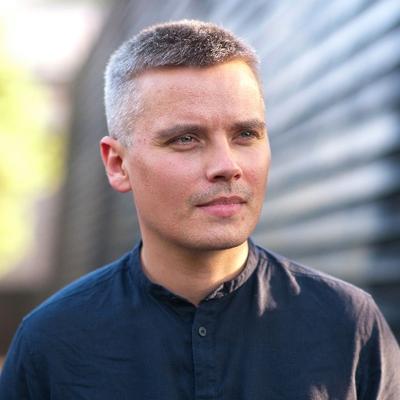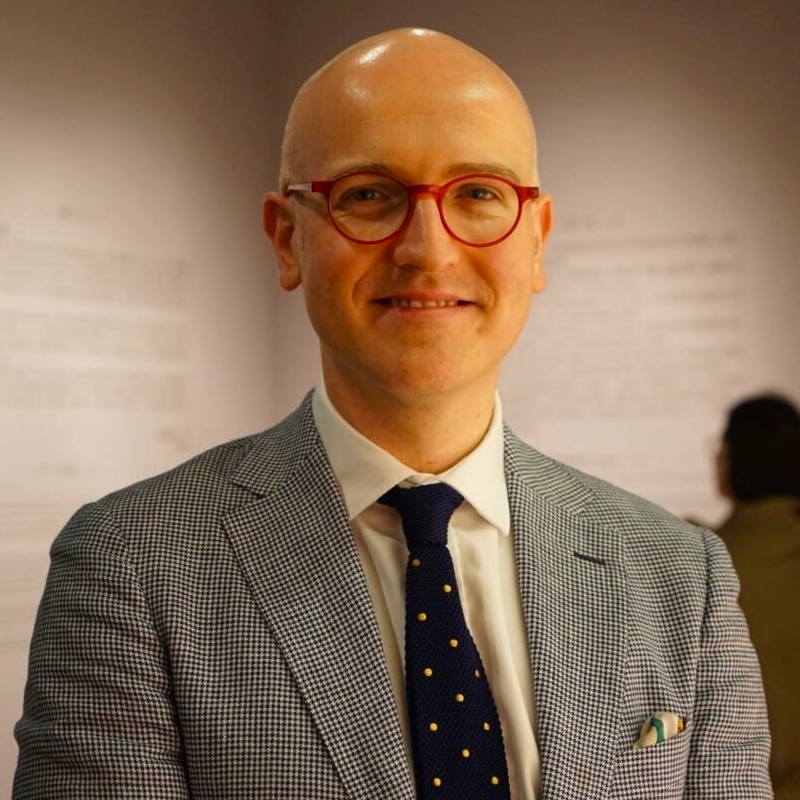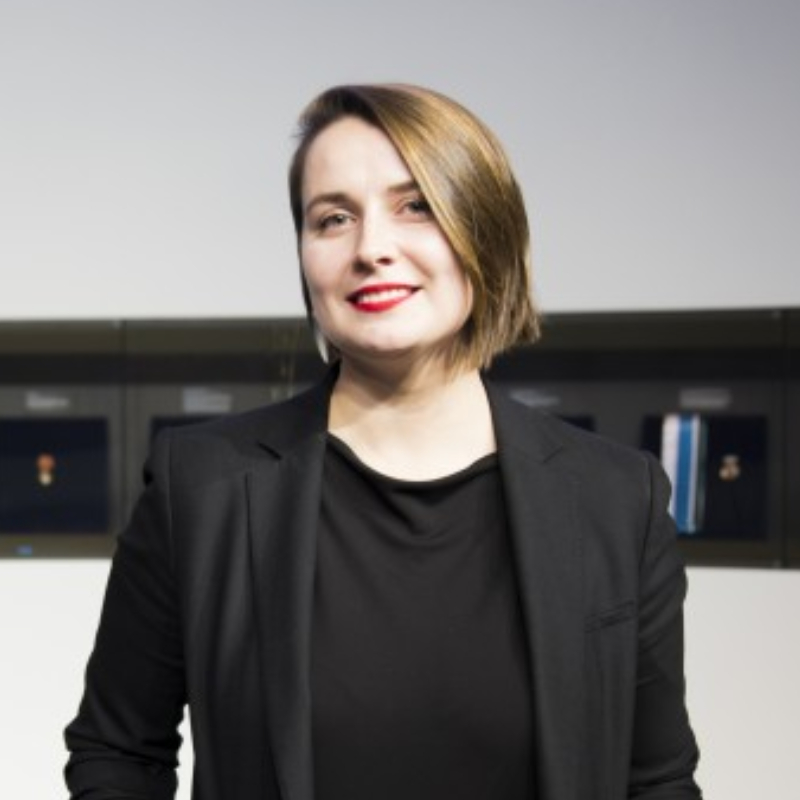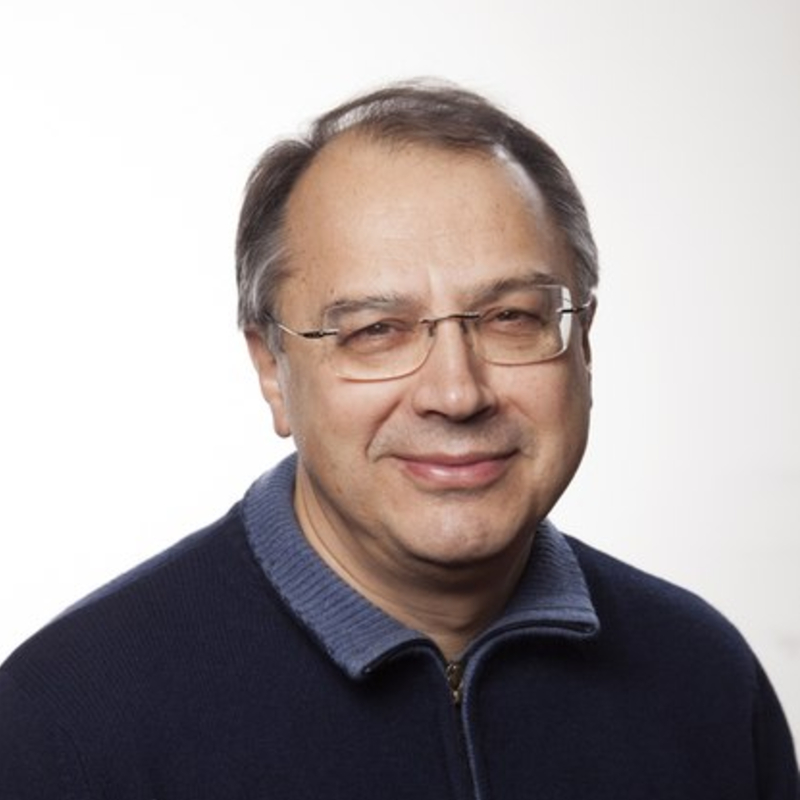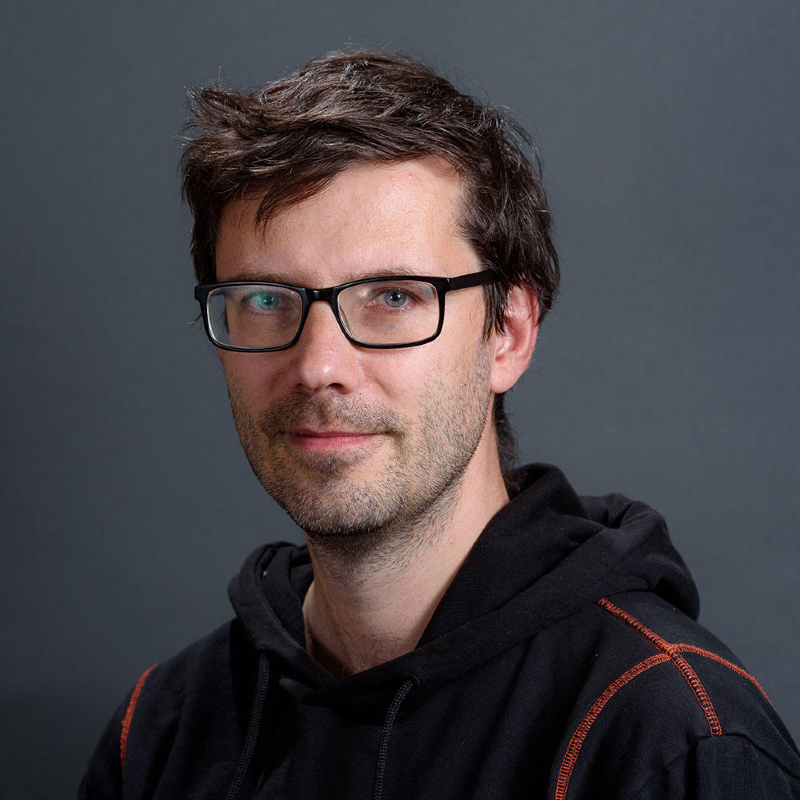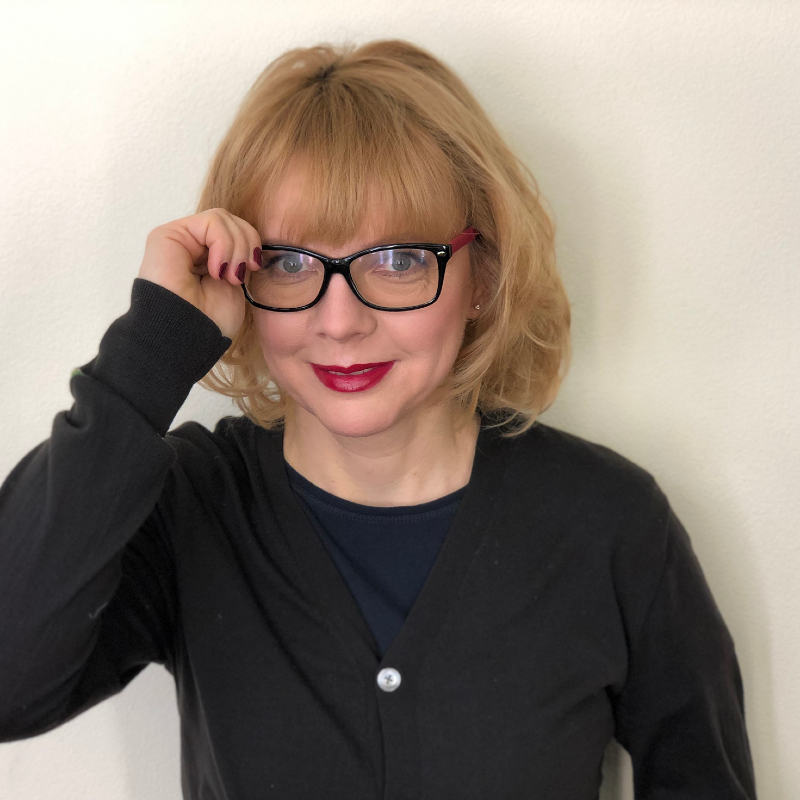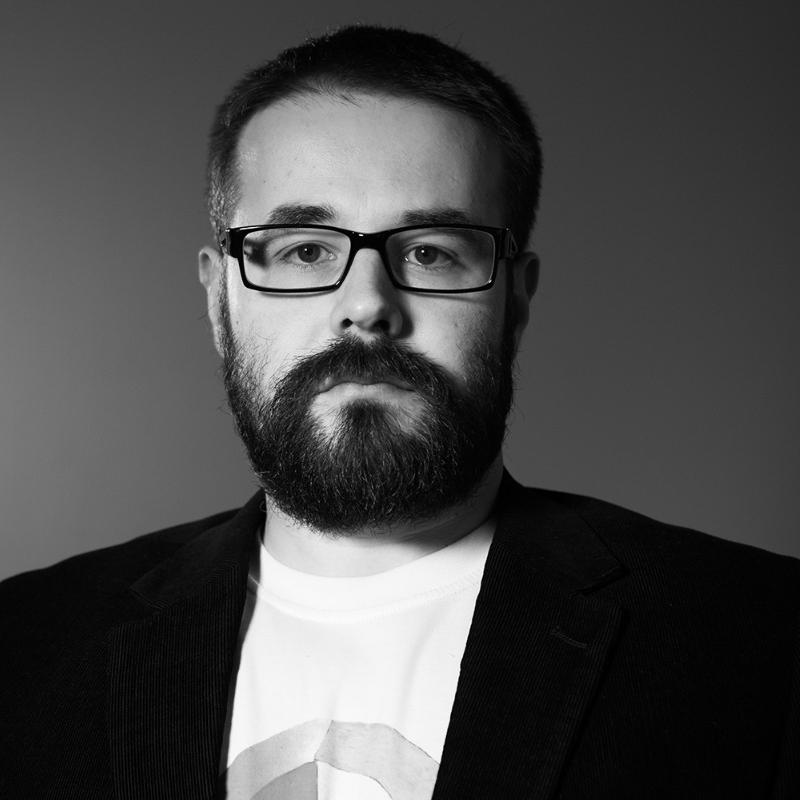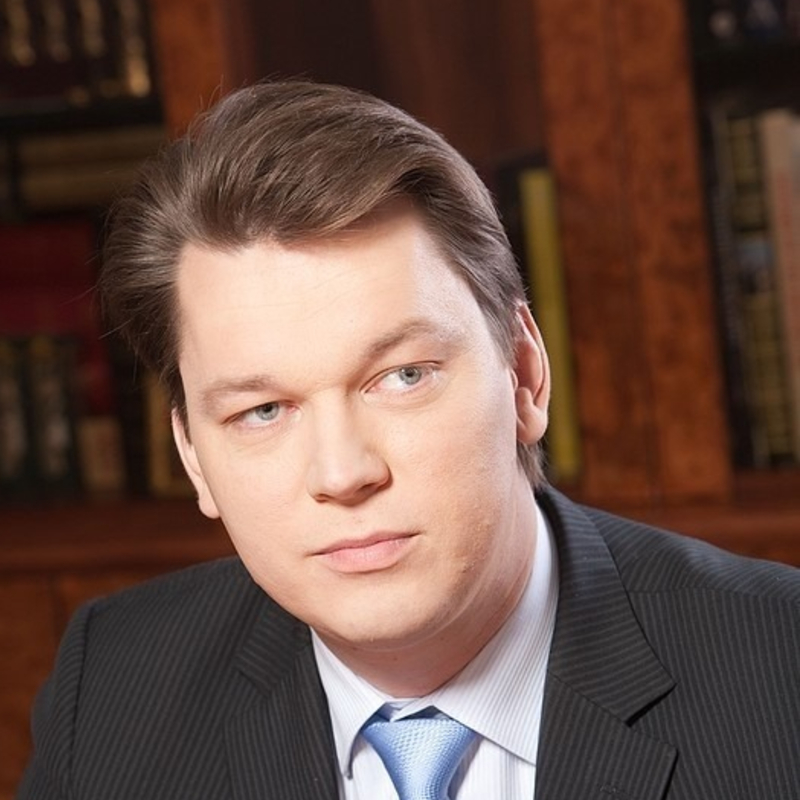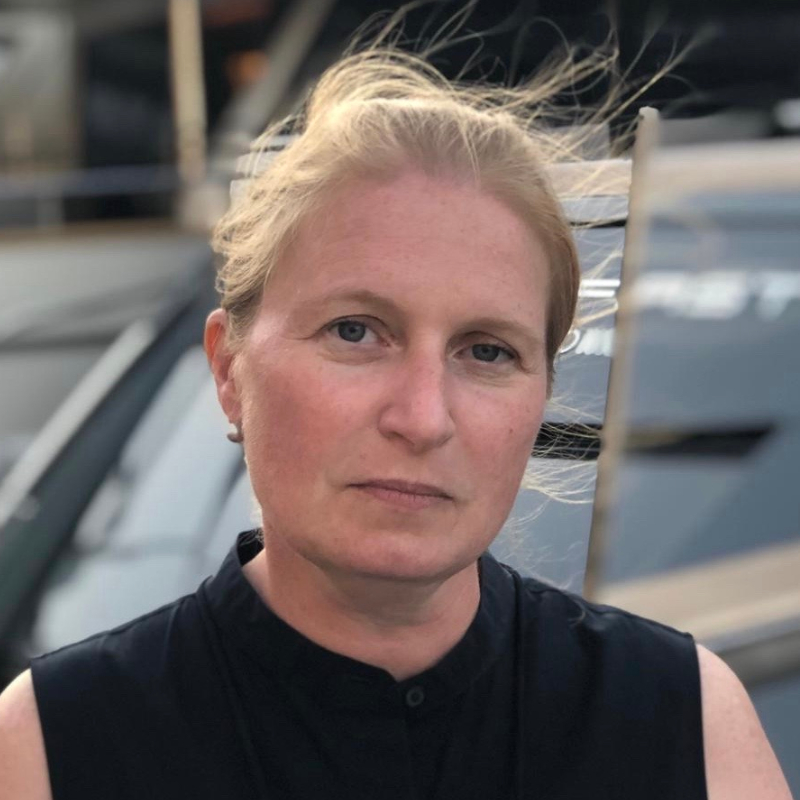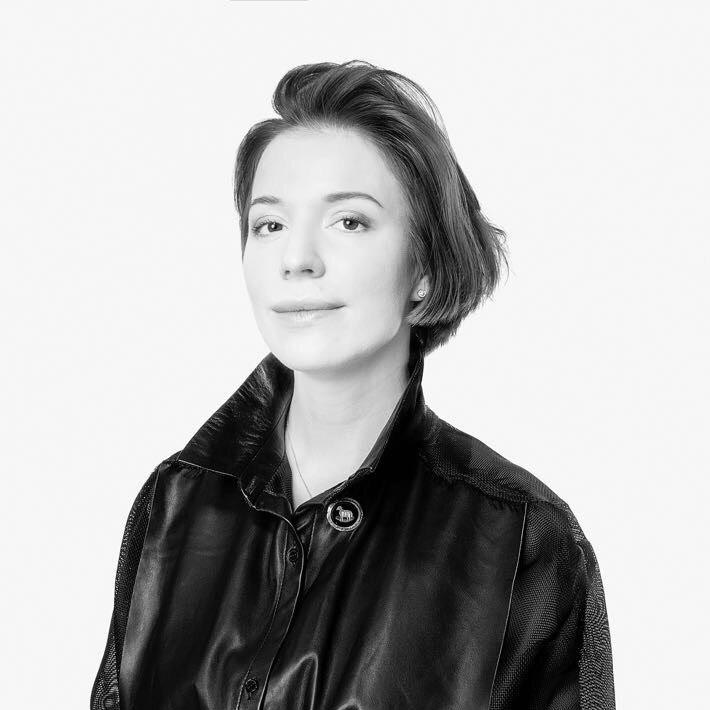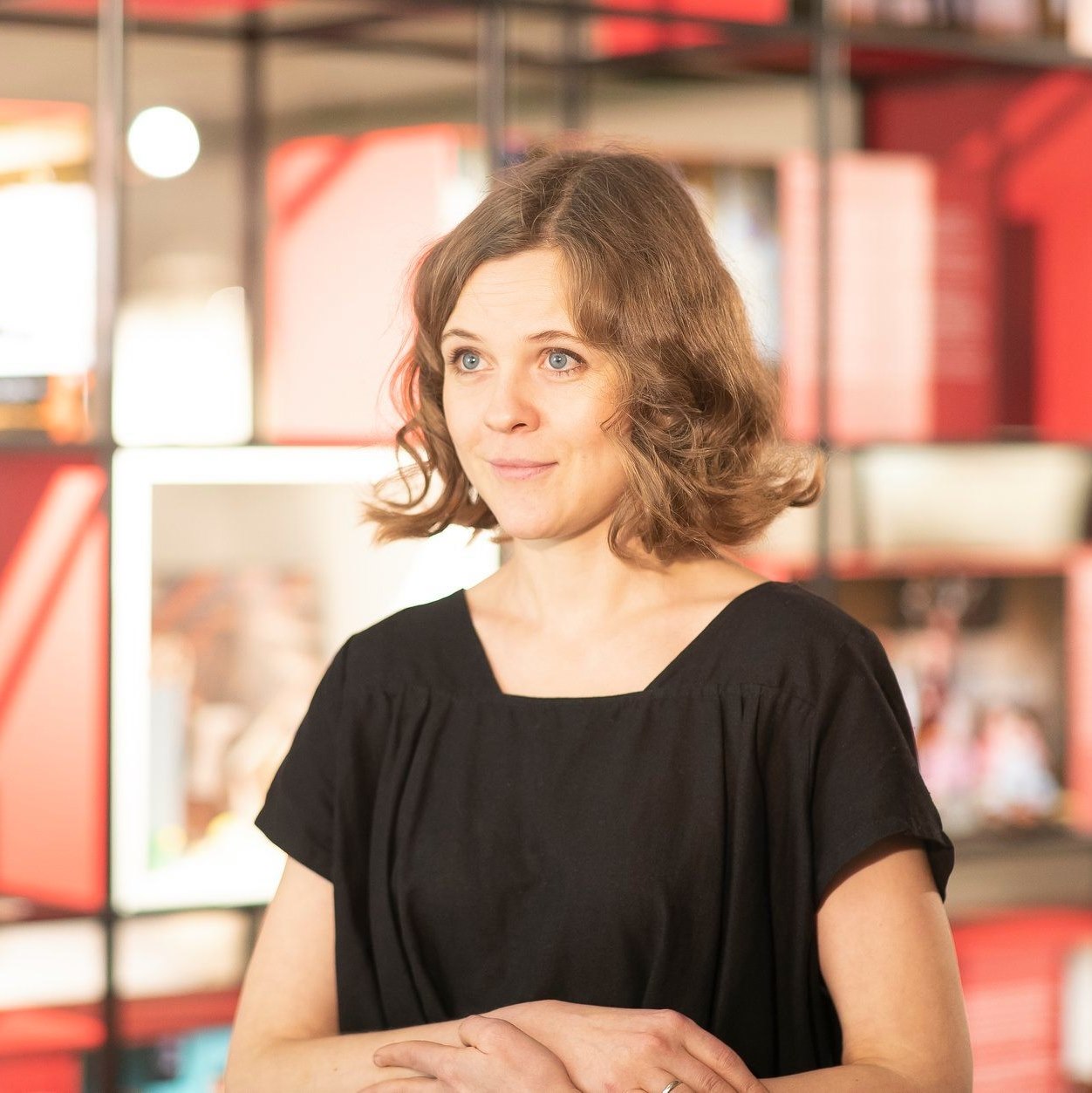





































Programme
Speakers
Concept
In 2020, the Forum’s programme partner is ICOM Russia. The Forum will be held as part of the international festival Intermuseum and will bring together leading museum professionals, Russian and foreign experts in culture, science, art, urbanism and media.
Intermuseum 2020 is dedicated to the 75th anniversary of the victory in World War II and focuses on traditional culture and cultural memory, while the business programme of the Forum will focus on the actualization of the educational, social and economic role of museums and other cultural institutions in сontemporary society.
Within the framework of Museum Guide Forum 2020, experts will consider culture and museums’ contribution to Sustainable Development Goals, which are based on the principles of equality, openness, peace and ecological conservation. Experts will discuss successful practices that are born at the intersection of various disciplines, challenges and growth areas.
Sustainable development suggests a balance between two opposite sets of values — the culture of sameness with the cultural norm corresponding to existing patterns and traditions, and the culture of change with the cultural norm directed at transforming patterns, changing the paradigm.
The Sustainable Development Goals (SDGs) include 17 goals and 169 targets that all UN Member States have agreed to achieve by 2030. The Sustainable Development Goals call to action for the well-being and protection of our planet. The efforts of various sectors and institutions consolidate to solve urgent issues in education, health, social protection and employment, as well as to combat climate change and protect the environment.
Implementing the concept of sustainable development requires new solutions. What is the role of culture in these processes? Over the past decades, society has become increasingly convinced that cultural diversity, heritage and creativity are key for all three dimensions of the sustainable development: economic, social and environmental. In addition, culture is a source of emotional and mental health, self-fulfillment, and personal growth.
Museums as unique cultural institutions have special resources and trust that allow them to make their own contribution to the implementation of the Sustainable Development Goals and the prevention of humanitarian, natural and economic crises on the way to well-being and development.





